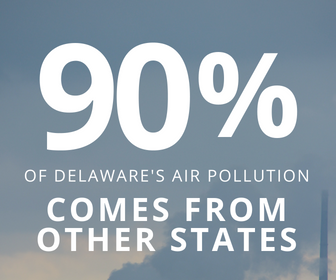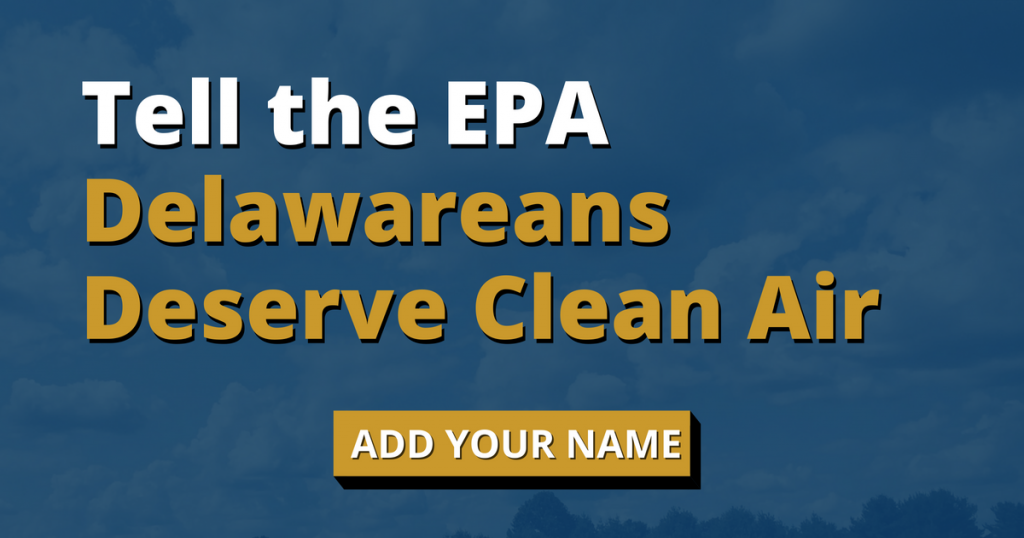45-Day U.S. EPA Review Required Before Permit Renewal Is Granted
The Delaware Department of Natural Resources and Environmental Control has developed a proposed air pollution permit renewal for the Delaware City Refining Company (DCRC). DNREC will submit the proposed federal Clean Air Act (CAA) Title V major source air pollution permit renewal to the U.S. Environmental Protection Agency (EPA) for a 45-day EPA review period before DNREC Secretary Shawn M. Garvin can grant the final air permit for DCRC’s Delaware City refinery.
“It is important to facilities to have up-to-date permits to operate under because the permit documents how they must operate to remain in compliance with applicable air regulations,” Secretary Garvin said after approving DCRC’s permit application that led to DNREC’s development of the proposed DCRC CAA Title V permit renewal.
DNREC held a public hearing on July 14, 2020 for DCRC’s draft Title V air pollution permit renewal, with comments accepted through July 31, 2020. The proposed permit renewal has incorporated applicable requirements of Delaware Air Regulation 1102 permits for the refinery’s Ethanol Marketing Project; elimination of the maximum data capture requirements from the crude nitrogen oxides (NOx) continuous emission monitoring systems (CEMS); incorporation of requirements from a consent decree issued to a previous owner of the facility in “United States of America et al., v. Motiva Enterprises LLC, No. H-01-0978”; replacement of the EPA’s Tanks 4.09 requirement with the Tanks ESP Pro Version; and modification of short-term NOx limits per the July 2019 settlement agreement between DNREC and DCRC.
The Department received extensive comments on the draft permit renewal and responded to the comments in a technical response memo (TRM) from the DNREC Division of Air Quality. The TRM is posted as an attachment to the hearing officer’s report with the DNREC’s Secretary Order at https://dnrec.alpha.delaware.gov/secretarys-orders/permitting/. The TRM also discusses revisions to be made to the draft permit renewal as a result of comments the Department received. Information presented at the Delaware City Refining Company public hearing and comments received at the hearing and during the public comment period can be found at dnrec.delaware.gov.
Upon receipt of DNREC’s proposed Title V permit renewal for DCRC, the U.S. EPA will begin reviewing it. Questions about the EPA’s review process can be directed to Mary Cate Opila, Air Permits Branch Chief, EPA Region III, email: opila.marycate@epa.gov.
About DNREC
The Delaware Department of Natural Resources and Environmental Control protects and manages the state’s natural resources, protects public health, provides outdoor recreational opportunities, and educates Delawareans about the environment. The DNREC Division of Air Quality monitors and regulates all emissions to the air. For more information, visit the website and connect with @DelawareDNREC on Facebook, Twitter or LinkedIn.
Media Contacts: Michael Globetti, michael.globetti@delaware.gov ; Nikki Lavoie, nikki.lavoie@delaware.gov

